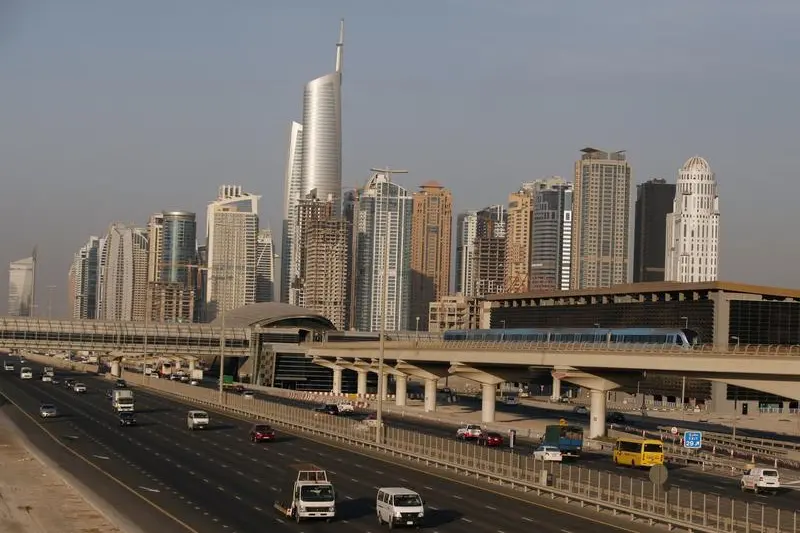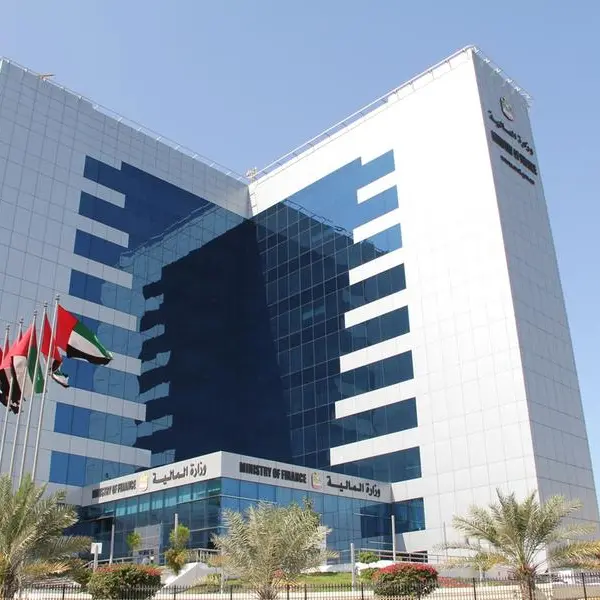PHOTO
Dubai: For prospective car buyers in the UAE, now is not the time to buckle up. They ought to make that run to dealer showrooms and make a decision on their next — or first — choice of wheels.
The next three months could prove the most decisive fourth quarter for the UAEs automotive sector, with carmakers and dealerships expecting a sales bonanza as buyers line up before value-added tax (VAT) comes into effect in 2018.
The VAT on new car purchases would be 5 per cent of the vehicles value, while that on pre-owned ones will be based only on the profit margin of the seller. It remains to be seen whether this will be calculated on the gross profit or the net.
Market sources are hopeful that this demand could even translate into a 15-20 per cent volume gain over Q4-16, as both individual buyers and fleet operators try to make use of the pre-VAT promotions.
And those promotions are set to come in a rush. In fact, one or two already have.
Dealerships will want to squeeze out as much sales as possible out of [the fourth quarter of 2017] rather than wait around to see what impact VAT will have on [first quarter of 2018], said Ian Batey, general manager at Autodata M.E..
But buyers should take note that the specific VAT-based giveaways need not be in addition to all of the existing incentives dealers have padded up, such as free insurance, extended warranties, longer service contracts and the like. There is only so much that dealerships will be willing to bundle up as offers.
Already, there is so much of margin squeeze happening as manufacturers and dealers throw away money to move metal from the showrooms.
Any which way one looks at it, the auto retail market will have some adjusting to do once VAT becomes a reality. Industry sources say it could be similar to the timeframe when the UAE Central Bank imposed strict upper limits on bank lending to consumers in the early part of this decade. It took some time before buying activity picked up — in fact, the subsequent upturn led to upturn led to annual volumes of 400,000 units and just over in the period 2012-14.
For globe-straddling carmakers, responding to a VAT imposition — or any other surcharge on sales for that matter — is something they are used to dealing with.
As with VAT implementation in any other country, we expect that the impact of VAT levied in the UAE will be transferred to the consumer, said a spokesperson for BMW Groups Middle East operations. The current market challenges are closely monitored... and will be tackled appropriately.
The current automotive market is focused on tactical offers and we do not expect that to stop in the immediate future. As we have already proven in the past, the BMW Group is well prepared for the new challenges.
With our current line-up — as well as upcoming model launches — combined with a strong dealer network, we are confident we will manage the market challenges.
Sources agree that the adjustment to VAT would have been less painful if new car sales had not been down by more than 15 per cent this year. And that is compared to a quite subdued performance even in 2016.
Which is why a significant pick-up in the fourth quarter of 2017 is so vital for the industry. If that does not materialise in the way the industry is hoping for, then 2017 will turn out to be a big write-off. And with no prospect of a decent start in 2018 either.
Thats a script the auto industry would want to avoid at any cost, and explains why the October to end December promotions are likely to be the best ever. Its for todays car buyers to make full use of such generosity.
Fleet operators dilemma
For UAEs fleet operators, placing larger bulk orders now seems the obvious thing to do before VAT kicks in next year. But look closer and the options are not as clear cut.
Fleet operators need to be reasonably sure that buying more vehicles now — rather than wait next until next year — is something their businesses can absorb, said Ian Batey of Autodata M.E.. Theres no point in spending more than their requirements now and just to avoid paying VAT next year. Because from the moment those cars land on your yard, they will start depreciating.
One way out to reduce that cost would be to go in for a buy-back programme from dealerships. But again, theres a catch involved. Dealerships with high demand models or brands are unlikely to get into a buy-back arrangement and instead would prefer outright sales to the fleet operator.
The best that fleet operators can hope for would be to get into buy-back schemes on brands with smaller marketshare, said Batey.
The next three months could prove the most decisive fourth quarter for the UAEs automotive sector, with carmakers and dealerships expecting a sales bonanza as buyers line up before value-added tax (VAT) comes into effect in 2018.
The VAT on new car purchases would be 5 per cent of the vehicles value, while that on pre-owned ones will be based only on the profit margin of the seller. It remains to be seen whether this will be calculated on the gross profit or the net.
Market sources are hopeful that this demand could even translate into a 15-20 per cent volume gain over Q4-16, as both individual buyers and fleet operators try to make use of the pre-VAT promotions.
And those promotions are set to come in a rush. In fact, one or two already have.
Dealerships will want to squeeze out as much sales as possible out of [the fourth quarter of 2017] rather than wait around to see what impact VAT will have on [first quarter of 2018], said Ian Batey, general manager at Autodata M.E..
But buyers should take note that the specific VAT-based giveaways need not be in addition to all of the existing incentives dealers have padded up, such as free insurance, extended warranties, longer service contracts and the like. There is only so much that dealerships will be willing to bundle up as offers.
Already, there is so much of margin squeeze happening as manufacturers and dealers throw away money to move metal from the showrooms.
Any which way one looks at it, the auto retail market will have some adjusting to do once VAT becomes a reality. Industry sources say it could be similar to the timeframe when the UAE Central Bank imposed strict upper limits on bank lending to consumers in the early part of this decade. It took some time before buying activity picked up — in fact, the subsequent upturn led to upturn led to annual volumes of 400,000 units and just over in the period 2012-14.
For globe-straddling carmakers, responding to a VAT imposition — or any other surcharge on sales for that matter — is something they are used to dealing with.
As with VAT implementation in any other country, we expect that the impact of VAT levied in the UAE will be transferred to the consumer, said a spokesperson for BMW Groups Middle East operations. The current market challenges are closely monitored... and will be tackled appropriately.
The current automotive market is focused on tactical offers and we do not expect that to stop in the immediate future. As we have already proven in the past, the BMW Group is well prepared for the new challenges.
With our current line-up — as well as upcoming model launches — combined with a strong dealer network, we are confident we will manage the market challenges.
Sources agree that the adjustment to VAT would have been less painful if new car sales had not been down by more than 15 per cent this year. And that is compared to a quite subdued performance even in 2016.
Which is why a significant pick-up in the fourth quarter of 2017 is so vital for the industry. If that does not materialise in the way the industry is hoping for, then 2017 will turn out to be a big write-off. And with no prospect of a decent start in 2018 either.
Thats a script the auto industry would want to avoid at any cost, and explains why the October to end December promotions are likely to be the best ever. Its for todays car buyers to make full use of such generosity.
Fleet operators dilemma
For UAEs fleet operators, placing larger bulk orders now seems the obvious thing to do before VAT kicks in next year. But look closer and the options are not as clear cut.
Fleet operators need to be reasonably sure that buying more vehicles now — rather than wait next until next year — is something their businesses can absorb, said Ian Batey of Autodata M.E.. Theres no point in spending more than their requirements now and just to avoid paying VAT next year. Because from the moment those cars land on your yard, they will start depreciating.
One way out to reduce that cost would be to go in for a buy-back programme from dealerships. But again, theres a catch involved. Dealerships with high demand models or brands are unlikely to get into a buy-back arrangement and instead would prefer outright sales to the fleet operator.
The best that fleet operators can hope for would be to get into buy-back schemes on brands with smaller marketshare, said Batey.
Al Nisr Publishing LLC 2017. All rights reserved. Provided by SyndiGate Media Inc. (Syndigate.info).





















